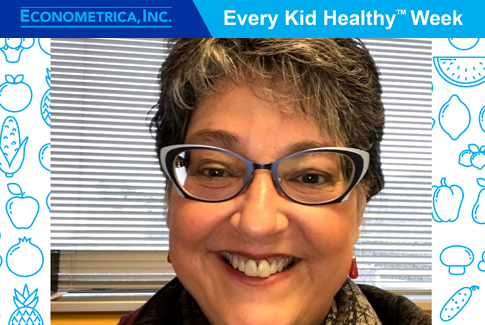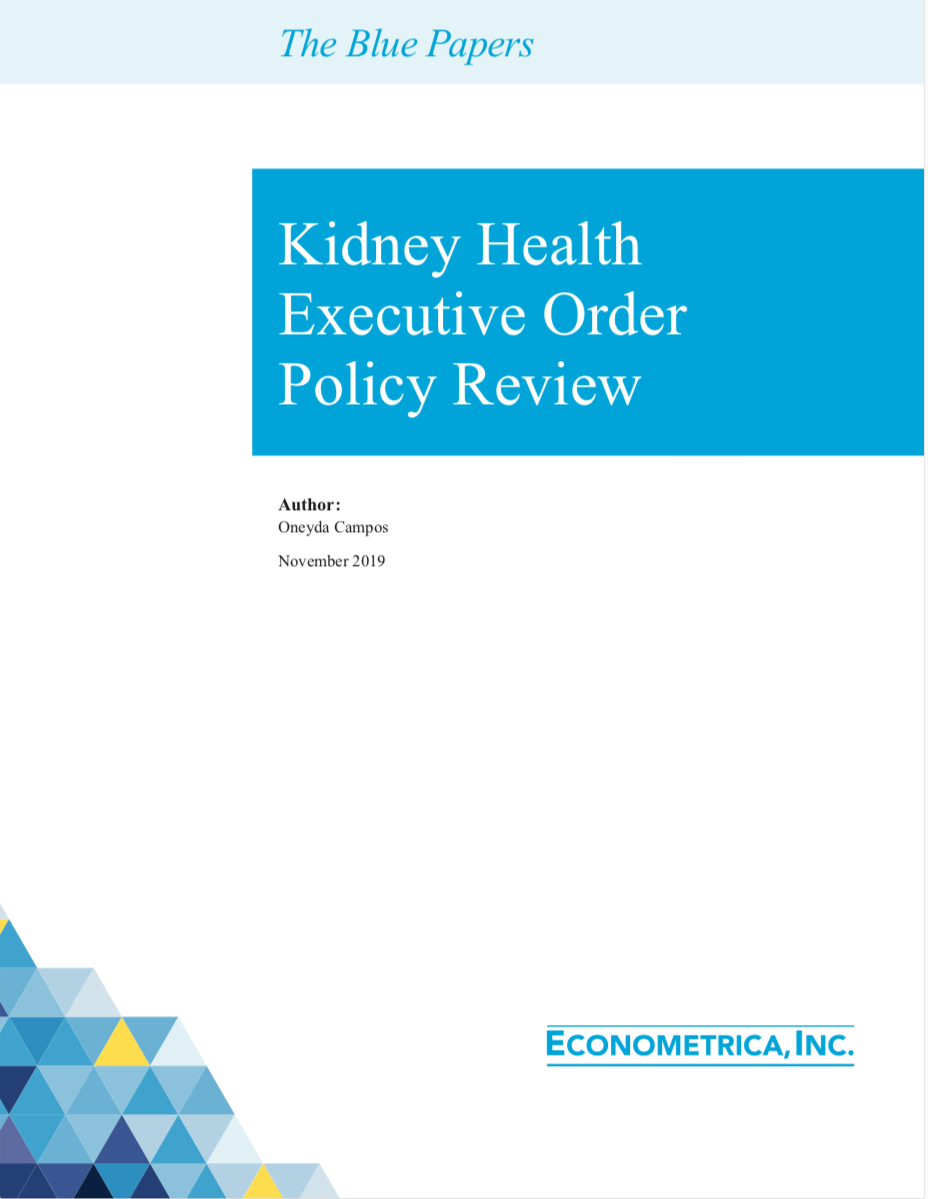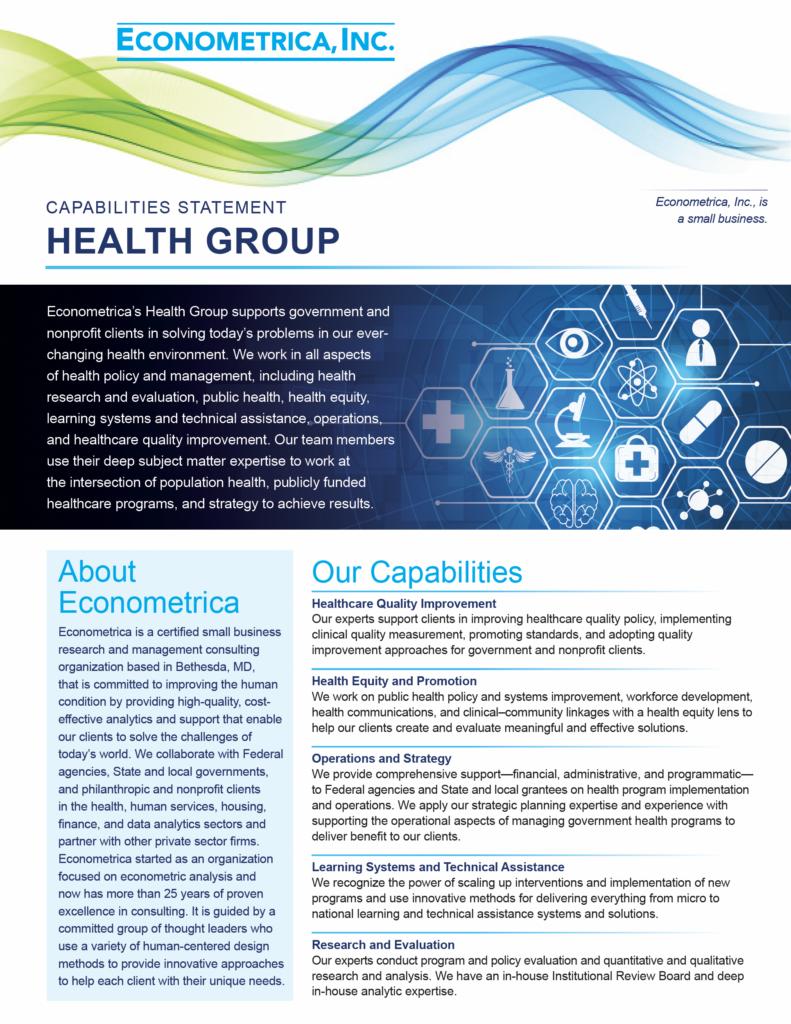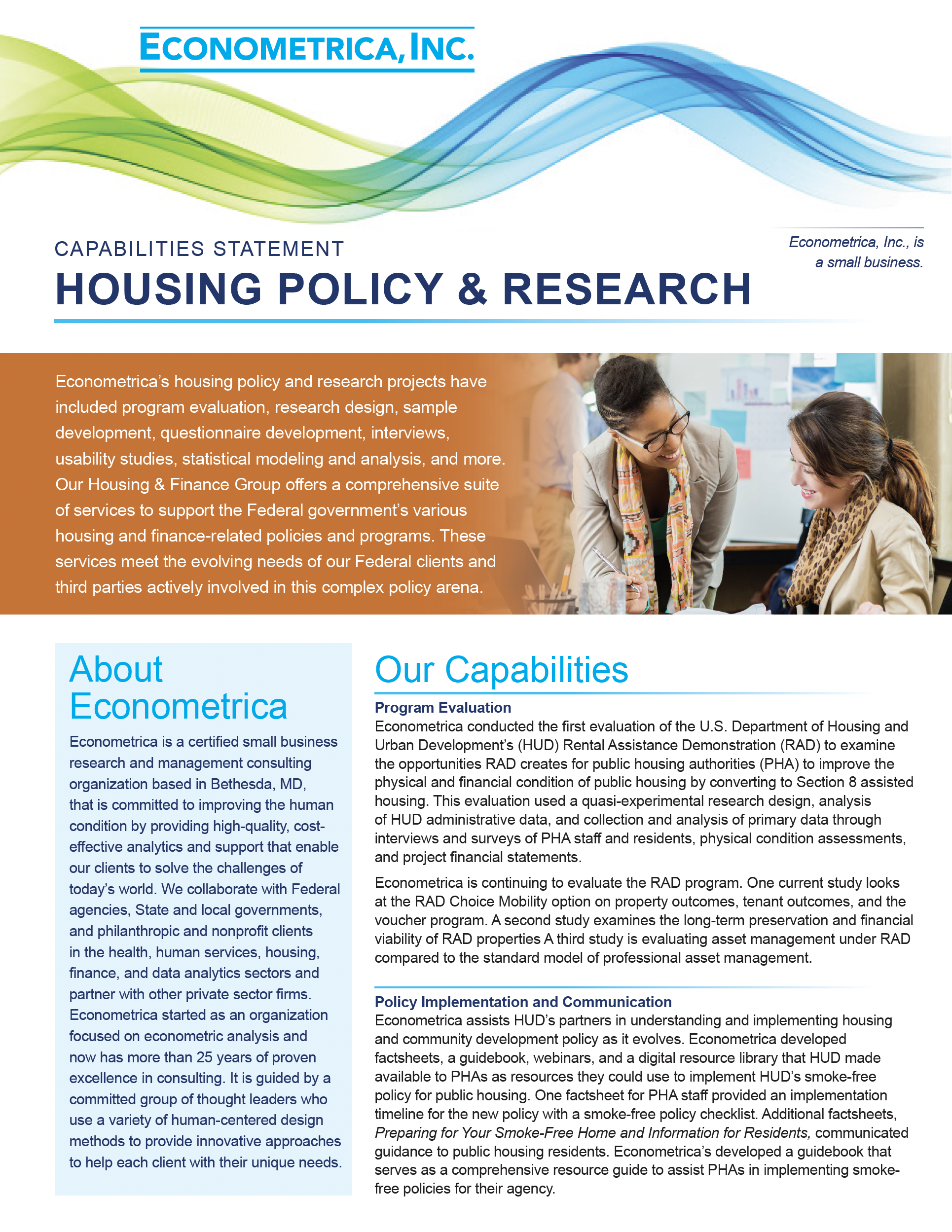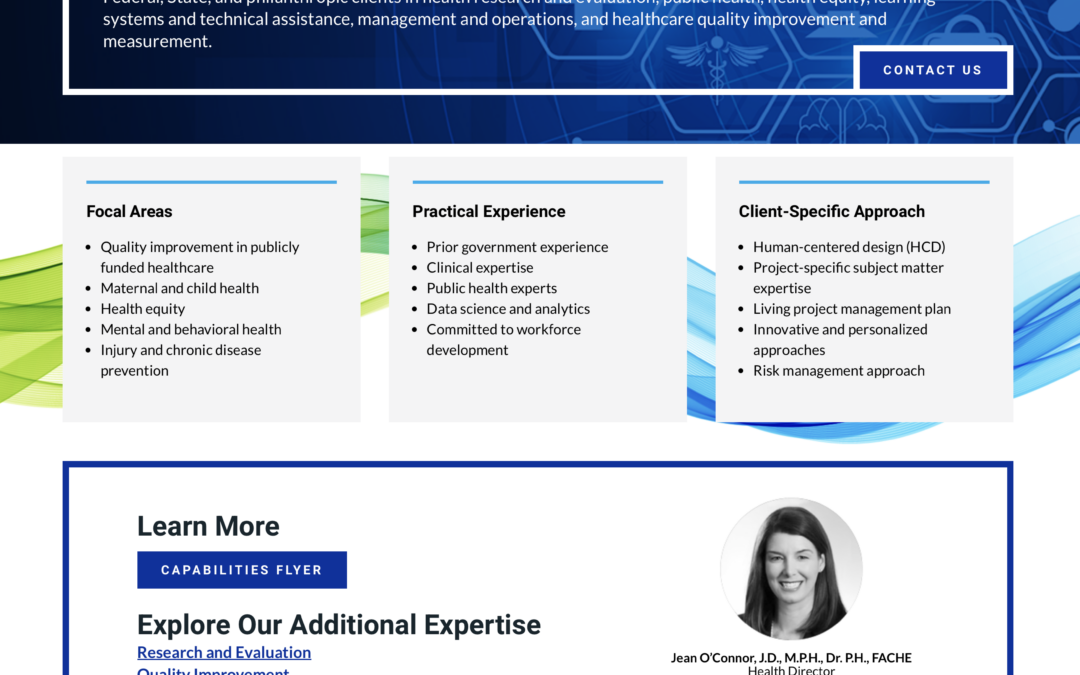
Econometrica’s Health Group Expands Clinical Expertise
 Econometrica’s Health Group has further expanded its knowledge base and team of clinical experts. Through our recruiting and continuing education initiatives, our team stands ready to offer a wide range of expertise to organizations and agencies in the public and private sectors.
Econometrica’s Health Group has further expanded its knowledge base and team of clinical experts. Through our recruiting and continuing education initiatives, our team stands ready to offer a wide range of expertise to organizations and agencies in the public and private sectors.
Health Group staff members understand medical coding related to Current Procedural Technology (CPT); the International Classification of Diseases, Tenth Revision, Clinical Modification (ICD-10-CM); and the Healthcare Common Procedure Coding System (HCPCS), Level II, which are the three main code sets used to bill Medicare claims. Our staff members can identify the purpose and applicability of these code sets and explain how to use each one when assigning diagnoses and coding procedures across a wide variety of patient services in various settings.
Accurately coding patient services is critical to ensuring the best quality and efficacy of care for all Medicare beneficiaries. Econometrica staff members can support the understanding and accurate application of ICD-10-CM coding guidelines. We can describe the major features of the codes that are part of Level II HCPCS and identify and explain the information contained in the appendixes of the CPT code set. Econometrica has further experience with the Centers for Medicare & Medicaid Services’ Evaluation and Management (E/M) Services Guide, and our staff members can clarify the determination of E/M services levels. We are experienced in the practical application of coding operative reports and E/M services.
For example, Econometrica staff works to inform our Bundled Payments for Care Improvement (BPCI) Advanced project participants about how codes work for the quality measure documentation, ensuring we are comprehensive in our methodology and instructions to registries.
Our Health Group is well equipped to assist organizations supporting Medicare beneficiaries with a wide range of expertise among our staff members. To learn more about the Health Group and our services, clients, and capabilities, visit our Health Group page on the Econometrica website.
Founded in 1998, Econometrica is a research and management organization in Bethesda, MD, established to provide public- and private-sector clients with customized program support services. Econometrica works with multiple agencies to provide high-quality, cost-effective analyses, modeling, and economic evaluations. The company consistently receives exceptional scores from its clients and believes in three principles: technical capabilities, happy customers, and business development.
Our Health Group is well equipped to assist organizations supporting Medicare beneficiaries with a wide range of expertise among our staff members.



